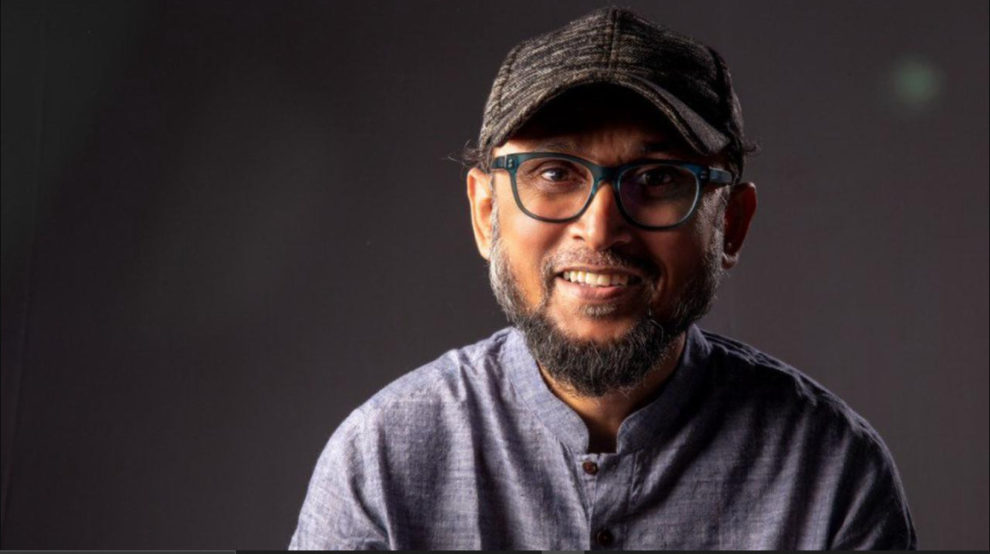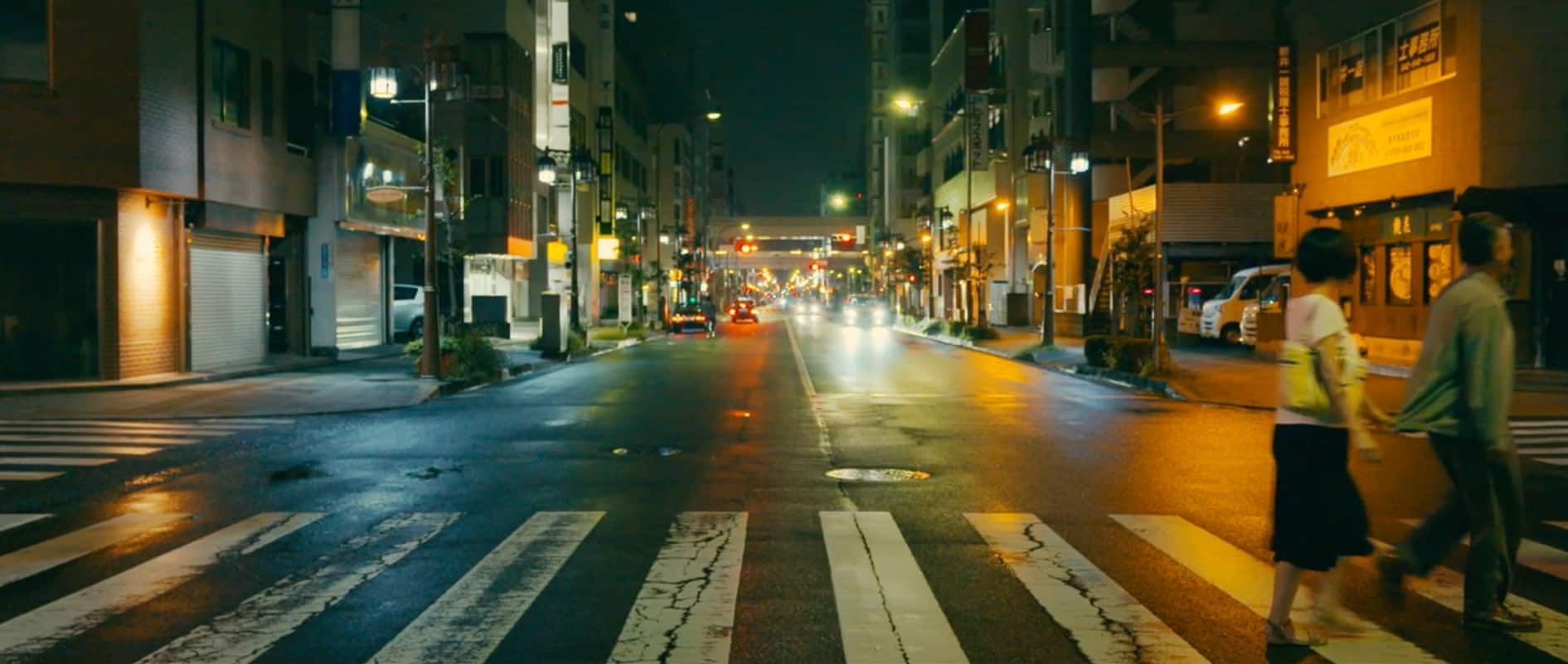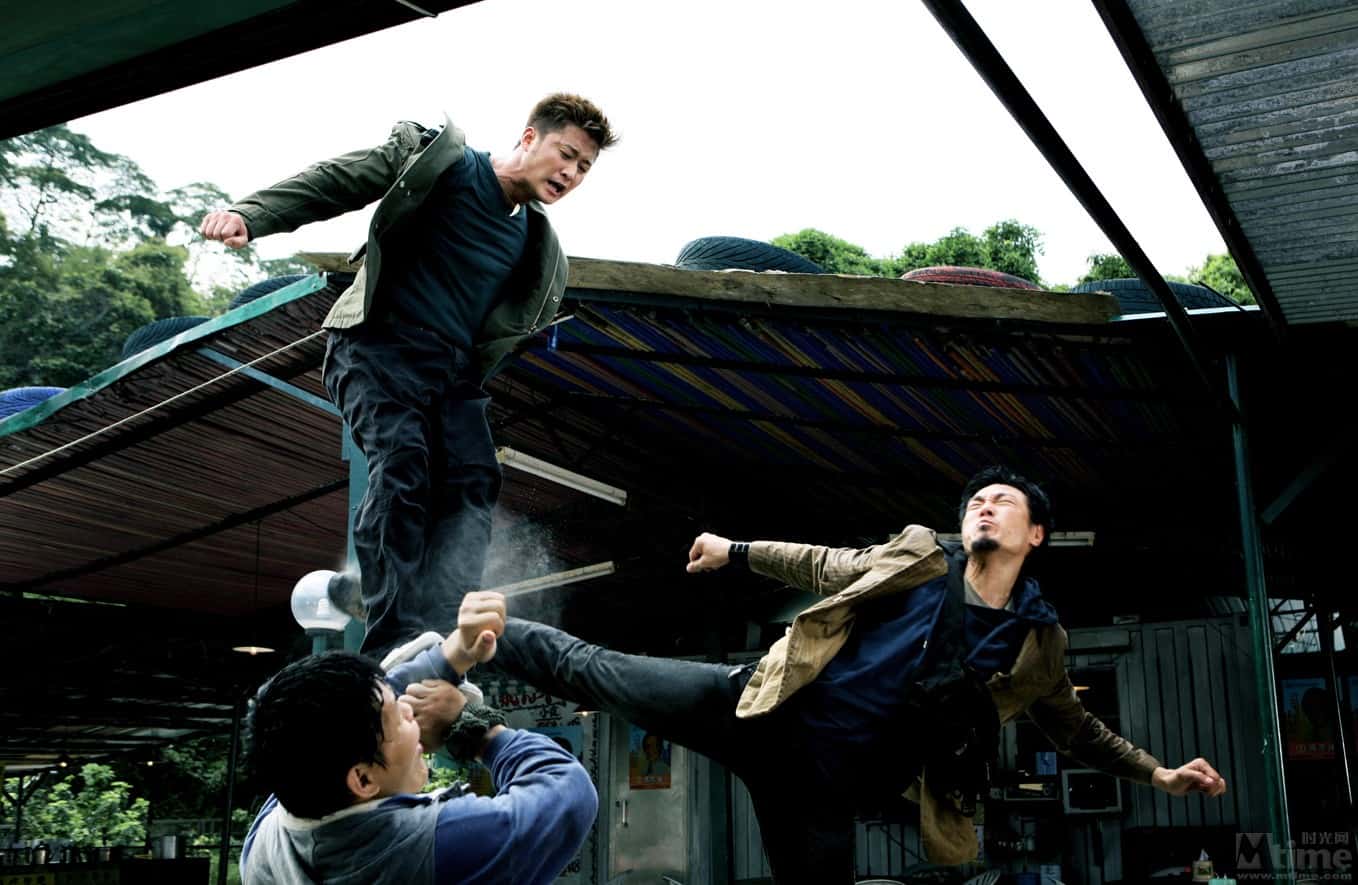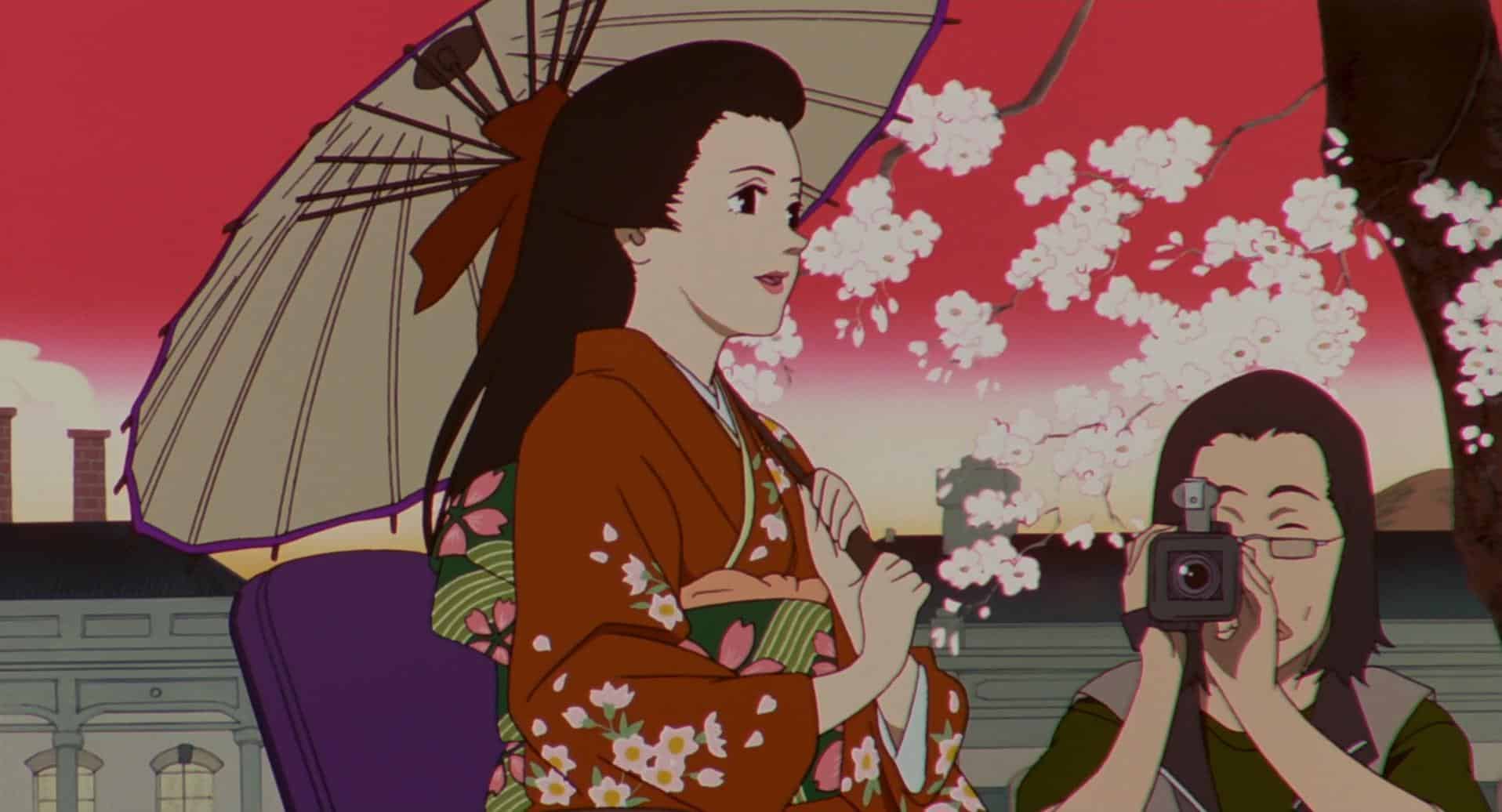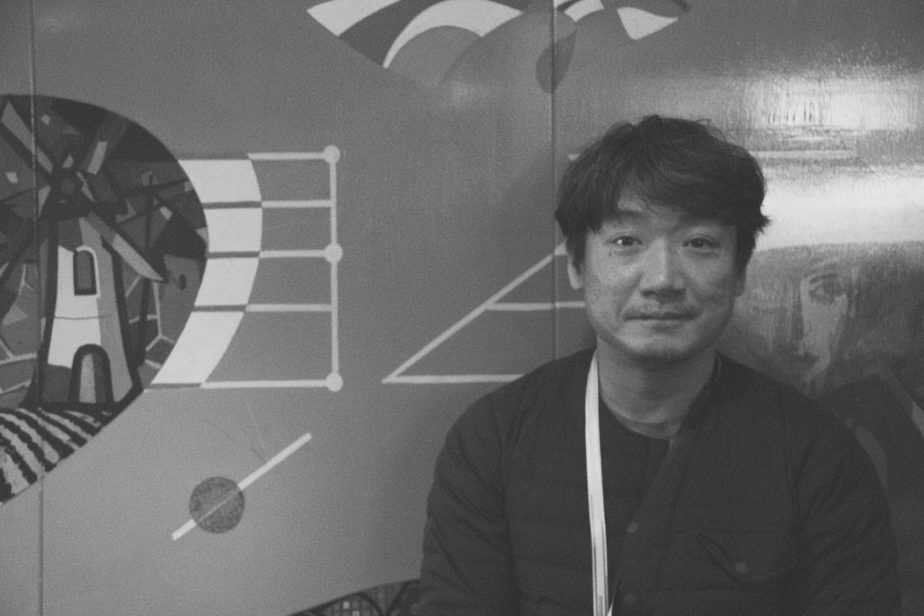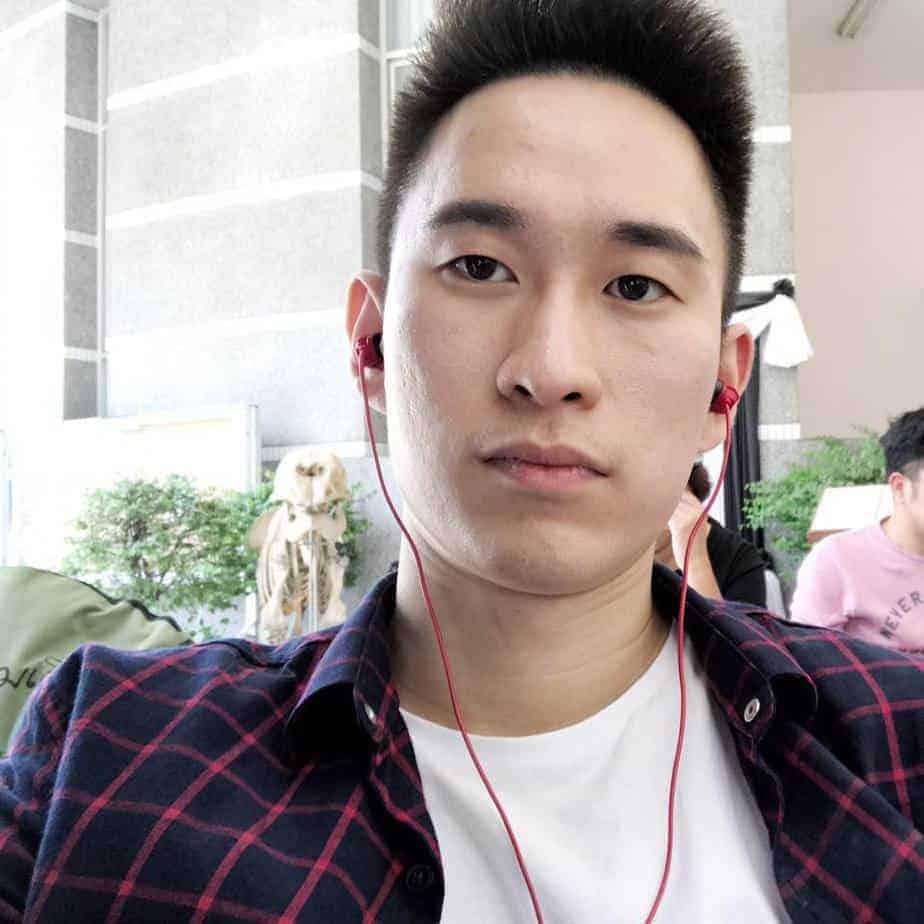Mostofa Sarwar Farooki is a Bangladeshi film director, screenwriter and film producer. Farooki is considered one of the leading figures to bring modernism/realism in Bangladeshi Cinema, those who have bridged the gap between escapism and reality. Farooki's body of work address such themes as middle class angst, urban youth romance, deception-hypocrisy and frailty of individual, frustration about the confines of one's culture and conservative Muslim concepts of guilt and redemption. Following the rather succcesful “Saturday Afternoon” Farooki shot his first OTT title, “Ladies and Gentlemen”. His latest work, “No Land's Man”, premiered in Busan International Film Festival, where it was nominated for the Kim Jiseok Award, and is screening this month in Tallinn Black Nights Film Festival.
On this occasion, we speak with him about the premiere, shooting in the US and Australia, lying, racism and imigration, his previous works, and many other topics.
“No Land's Man” just premiered in Busan. What was the audience's reaction to the film?
I was not there physically but my producer Shrihari Sathe was and the feedback I received was that the audience's reaction was really encouraging. They laughed, cried and were also thoughtful about what I wanted to say with the movie, which is beautiful.
It took a long time to finish the film. Are you happy with the final result though?
I am. Of course, as in every film, there are some things you would have liked to do differently, which is why we shoot the next one, right? If I have to comment on the level of happiness and contentment I had making this film, I have to say, I really love “No Land's Man”.
How was the experience of shooting in the West?
It was a new experience for me, although I had done some shooting in the West for some commercials I shot. However, shooting a feature film for so many days was something new. I took some time to adapt to the working process, because shooting in South Asia and shooting in New York and Australia are completely different experiences. But it was fun, I adapted to a new situation and I feel that whenever we are challenged by our circumstances, we get even stronger.
What would you say are the main differences between shooting in Bangladesh and shooting in the West?
In Bangladesh, we shoot with a lot of heart; for example, an assistant director would do anything and everything they need to do. The crew will work for extra hours and it would not bother them. The process in Bangladesh is “We need to achieve it, let's achieve it any way we can”. In the US and Australia, however, the whole procedure is more structured. I am not saying they are not passionate, because they are, but the difference is that in Bangladesh, the work is not that clearly defined and structured, but the heart is so big here.
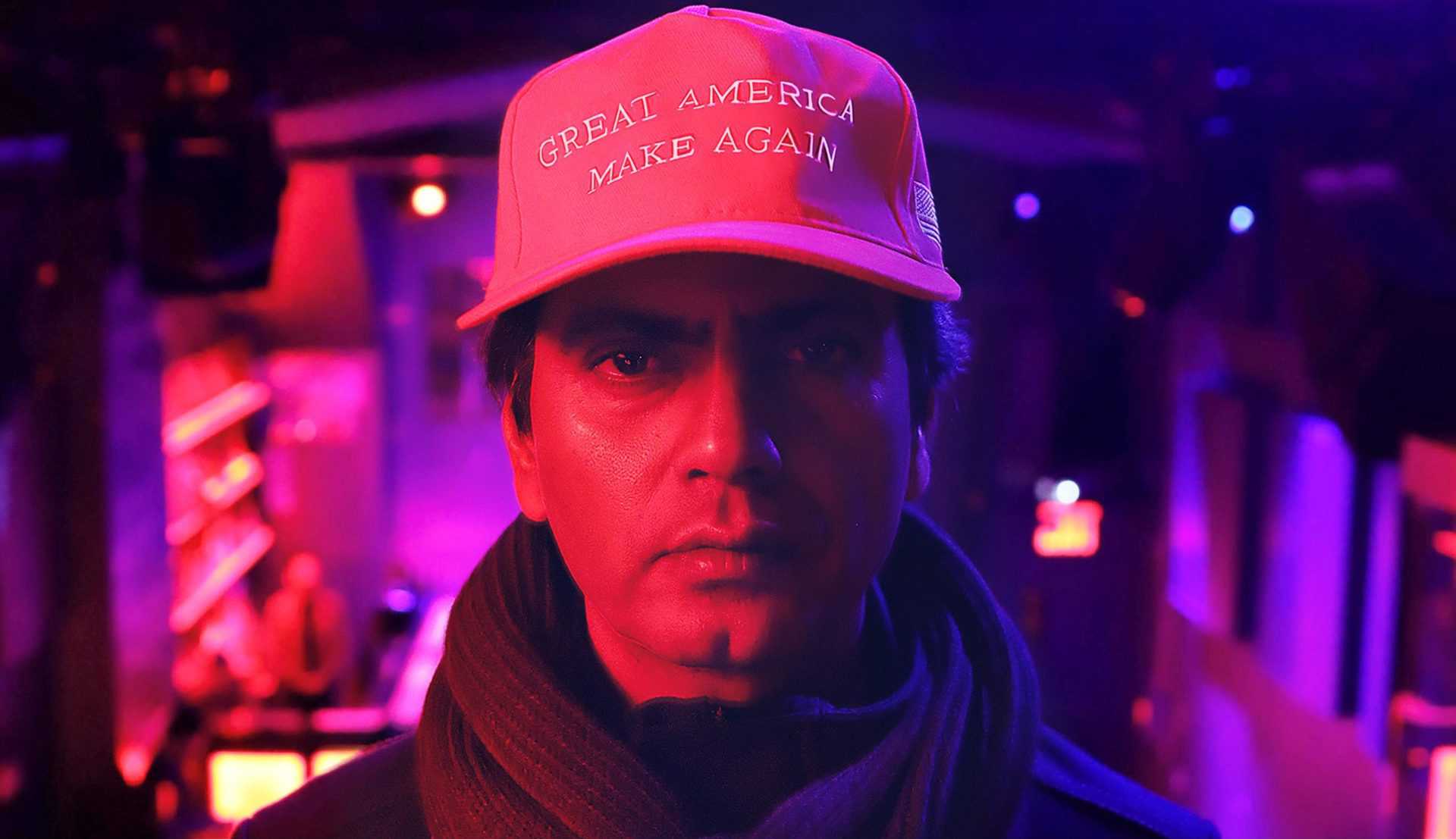
Was this the most expensive production of yours in terms of budget?
Yes, it was.
What was the inspiration behind the story?
I cannot say much because I do not want to reveal too much, but I can safely say that, if we look at the world, identity is a thing that is tearing the whole world apart. After so much progress and the heights civilization has reached, it still remains a question whether we can claim that we are an intelligent species. We still love or hate people because of who they are, not because of what they have done. This is so bizarre, but the whole world is like this now. This concept has been bothering me for some time. Personally, I grew up with all these identity conflicts and these pushed me to come up with this story. As you know, I first started writing it in 2010 and the world kept changing, and so we were changing our script accordingly; the script evolved according to the way the world changed in the last few years.
How do you feel about people lying? Is it a necessity, part of human nature, a sin?
Lying is creative, when you are telling a lie you create something. In the past, I had a very interesting interaction with Korean master filmmaker Lee Chang-dong. I was lucky to have him check a few drafts of “ Ant Story” and let me know how he feels. During that exchange, I told him, for Bangladeshi people, sometimes lying gives them a feeling of emancipation. I used an example of a guy who belongs to the have-nots group. When he goes to the tea store, he starts making up stories about his uncle who has 22 cars and a house with 33 rooms etc. Why does he create these stories? It is his creative way of countering the deprivation he has experienced his whole life. In Bangladesh, there are many people who create these kinds of stories. And Lee Chang-dong replied that this is not only Bangladesh's thing, it is certainly a Korean thing too. I feel lying is a creative way to counter the harsh reality they live in. People want to change the world, but when they realize they cannot, they create a story and change it in their mind.
So you think that people who lie constantly deserve to be loved?
It depends on what kind of lie it is, what is the purpose of the lying, if it is harming anyone, and how much it harms. Based on these questions, yes, you can love a liar as well when you can feel the sad stories behind all these lies.
How was your cooperation with Nawazuddin Siddiqui?
Working with him was one of the best experiences I had so far. He is an actor that makes acting look very easy, like acting is the easiest job in the world. I always thought that the best acting is the one that looks effortless, and this is exactly the case with him. If you can see the effort, maybe the acting is not completely polished, maybe something is wrong there. Think of Lionel Messi; when you watch him dribbling 2-3 players, you may think that dribbling is easy, but if you see me, for example, trying to dribble, you may think that dribbling is the hardest job in the world, because I will make it look so tough. All my effort will be visible. The difference between him and me is that he is a master of his art, and I am just struggling to reach that level. Nawazuddin is the kind of actor whose performance looks completely effortless. That is why watching him perform is a treat to my eyes, to my heart and to my soul.
Would you say that this result is a matter of talent or hard work?
I think it is a mixture of both. For acting, you need to have some kind of gifted quality, but this will not guarantee anything if you don't work hard.
And how was your cooperation with Megan Mitchell?
I have to praise her for one thing. We all know how brilliant an actor Siddiqui is, but I knew that if Megan's character did not come alive, the whole film would not work because Nawazuddin's character would not work as well. Megan listened to what I tried to tell her. I prepared her by talking to her about thousands of things about politics, economics, the environment etc; we kept speaking for hours and hours. And every conversation was my way of pushing her towards a zone. I wanted to push her towards the zone and then I wanted to leave her. Because I knew that once she was in that psychological zone, I didn't need to do anything with her. She would know how to handle it. And she really did, she was really spontaneous, and that really helped Nawazuddin's character as well.
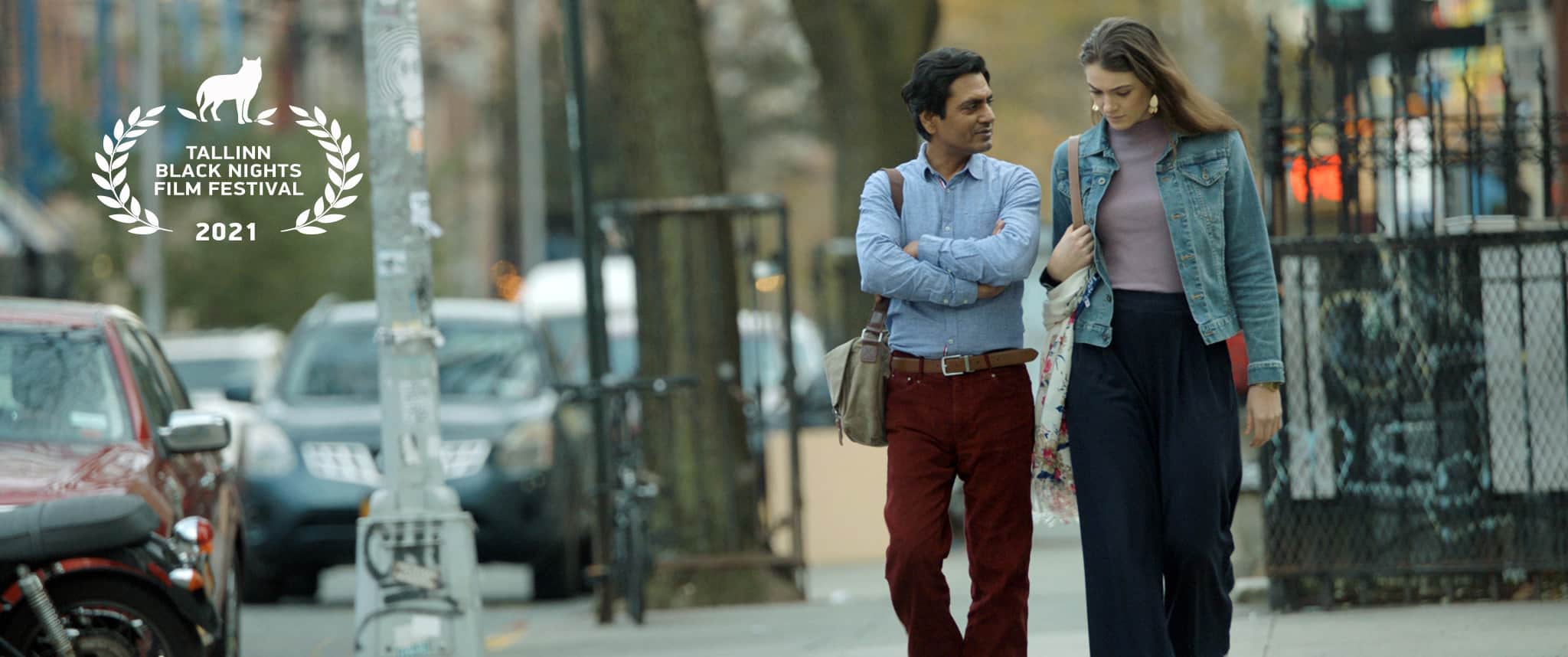
How did you end up casting her?
I was working with some casting directors and I was looking at a number of actresses, but I got Megan through a strange interaction. At the time, I was very new to Instagram, and I was just sitting at the airport and browsing, and at some point, Instagram suggested her post on my feed. I checked and found her interesting. Then I decided to get in touch with her and she replied. Hence we got in touch.
You have two different cinematographers in the movie, Alexey Kosorukov and Sheikh Rajibul Islam. How was your cooperation with them?
The US part was shot by Alexey Kosorukov, a young Russian cinematographer based in New York and Australia and the India parts were shot by Sheikh Rajibul Islam, whom I also worked with in “Doob” aka “No Bed of Roses”. When you see the film, you can clearly see we deliberately wanted the India/Pakistan part to be different from the US part. Because the US part adds a different “color” to Siddiqui's character and the storyline. I am really grateful to the cinematographers, they really came up with a beautiful distinction which was true to what I wanted.
To go back to the story of the film, do you think that immigrants in the US, Indian, Bangladeshi or Pakistani ones have to deal with racism intently, even if it is not the violent type, but discrimination?
I don't know if you can sense it because you come from a different country, but probably the way you perceive it is different from how we perceive it. But of course, discriminination is there, but not in every place, not from everyone. People are different. If you think of “No Land's Man” you see that Siddiqui's character is not discriminated against by everyone. At the same time, discrimination is a fact, you can't just deny it. That is what the world has come to and we need to heal it.
Do you think that immigrants feel the need to conform to Western standards in order to adapt?
Not really. What happens is that when people face discrimination, a lot of them accept it and move on. Not everyone tries to do as the main protagonist in the film tries to do. Because people are different and their stories are also different
Regarding your previous work, “Ladies and Gentlemen”, your first web series, how did the audience in Bangladesh receive it?
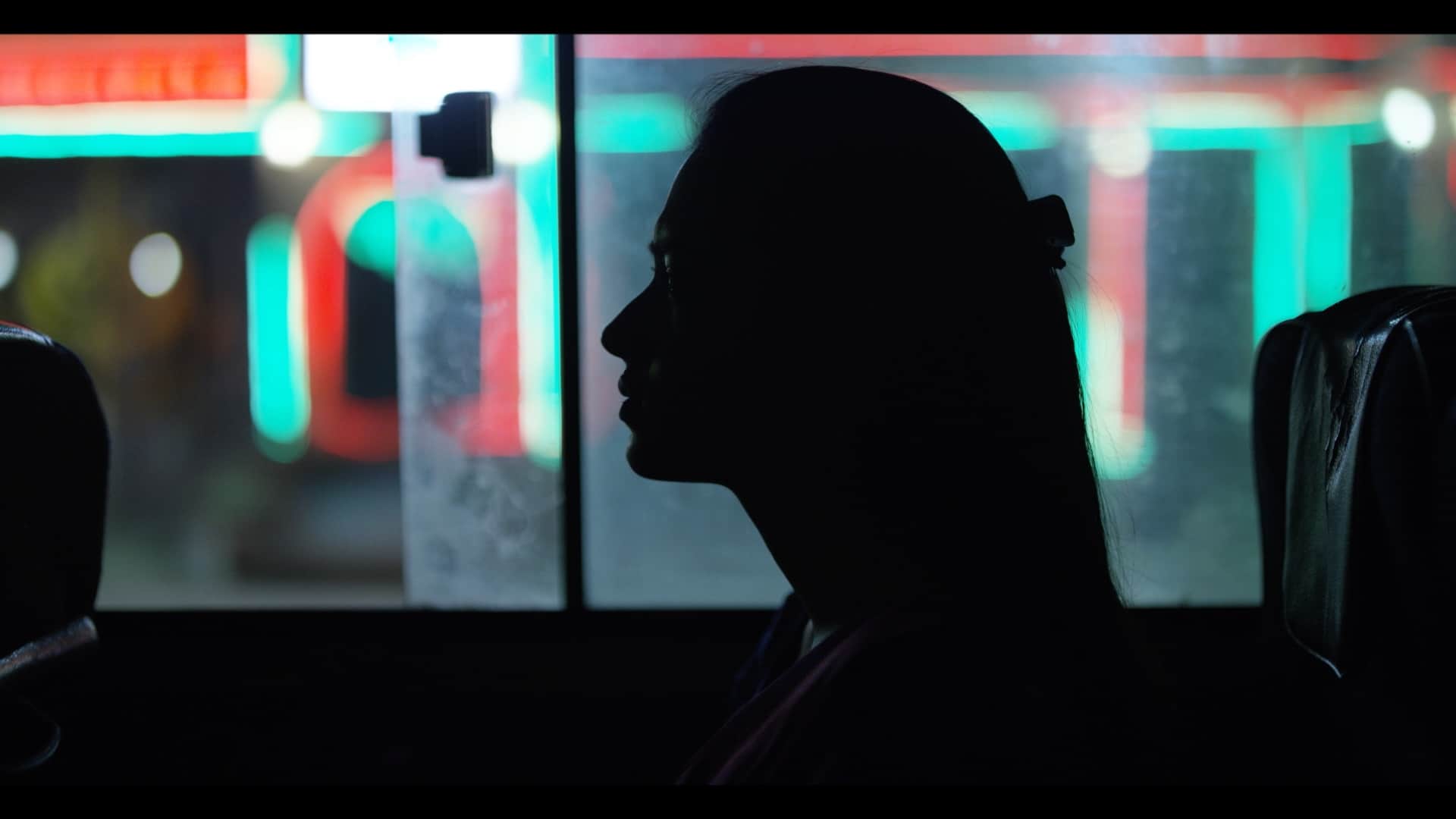
It generated a lot of discussion and there were a lot of comments. However, some people said that they would have loved to see the drama segment more, because episodes 5,6 and 7 have an investigative nature to them. Others said they wanted to see more of the investigative part. The opinions differed on this, but one thing was in common: people connected with the story very well, they loved the performances of the lead characters, they connected strongly with the emotional nuances.
Does “No Land's Man” signify a kind of permanent move away from Bangladesh for you?
I shot this film in New York, Sydney and Mumbai and one of my next films, titled “A Burning Question” will also be shot in the US. It does not mean I am changing my gear and trying to move away from Bangladesh. I will also keep doing stories from Bangladesh. However, as I mentioned in an interview for an Indian newspaper, we are living in a world that is becoming more and more global. My father, for example, never met anyone outside of Bangladesh in his entire life except for some Middle Eastern people. Me, his son, however, has to interact with 22-25 people from different countries and races everyday. Their stories are affecting us and our stories affect them. What Donald Trump does, what Vladimir Putin does, or what Narendra Modi does affects us. People are travelling constantly nowadays and also, through the Internet, we exchange so many things with so many people from around the world. This means that we are living more and more in a global world. For that reason, our stories are also changing. Which is how “No Land's Man” came to be. I do not think such a movie could have been made in the 70s. So, we are telling different stories because that is how our lives are at the moment. I think you will see more of this tendency, not only from me but from other filmmakers in the world as well.
Will “No Land's Man” screen in Bangladesh?
We want to release the film as soon as possible, I really want the audience to see the film and see their reaction. So, it will be released in Bangladesh but I am not sure yet in which format. We will see in the coming days.
And what about the US or Australia?
Of course it has to be seen in the US, Australia, India and the rest of the world. We will see how we can release the film.
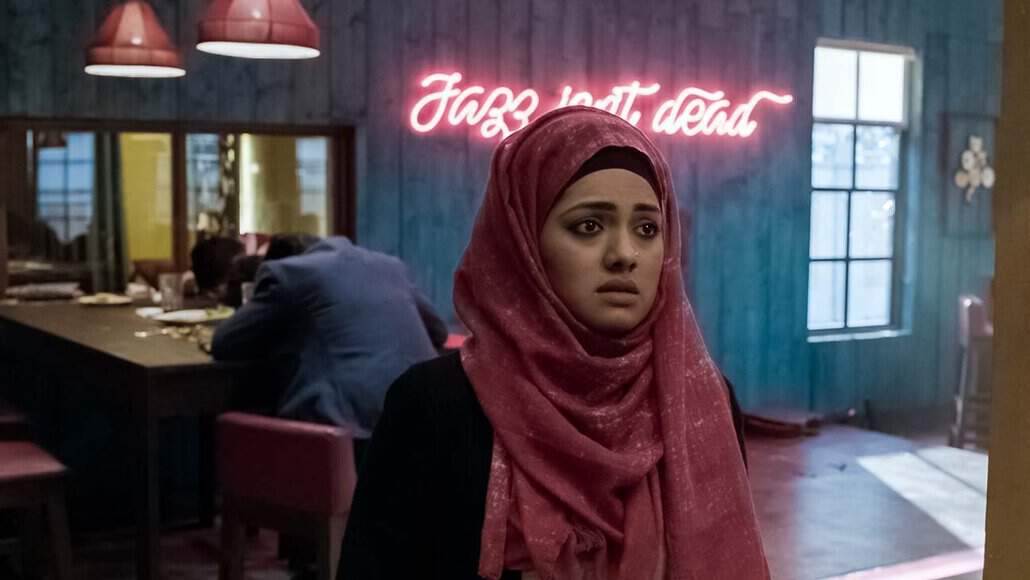
Was “Saturday Afternoon” released in Bangladesh in the end?
Unfortunately, it is still banned. I am still trying and I do not want to lose hope. I really want the audience to see the film at some point.
Are you working on any future projects at the moment?
I am working on a couple of projects; one is based in the US, “A Burning Question” as I mentioned, and there are two other stories I am thinking about. One is a Bangladeshi story, a period piece and there is another one I am thinking about for a web series. You can say this one is a love story. I have not shot anything that solely deals with male-female relationships for quite some time. I want to delve into this now. Let's see which one happens first.


